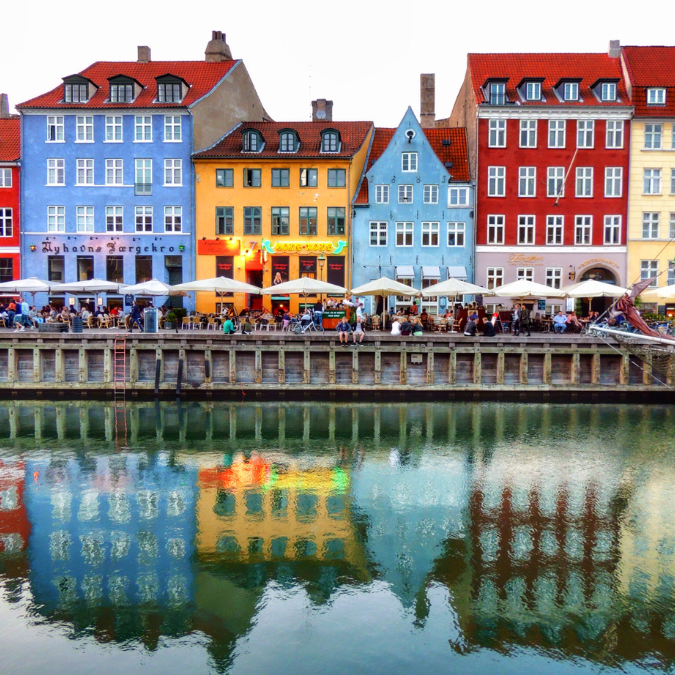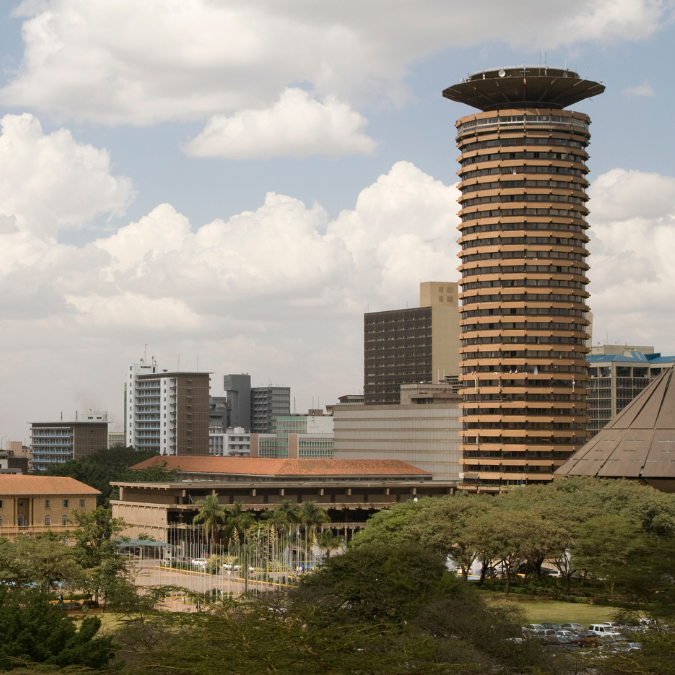In a world desperately attempting to combat the damning effects of climate change, there is a need for cities of the world to not only encourage but also facilitate sustainable tourism. In the past three years alone, we have witnessed the life-threatening consequences resulting from global warming.
Extreme heat waves were recorded in the European cities of London and Paris leading to numerous hospitalizations. In 2022 and 2023, forest fires ravaged parts of North America, specifically Canada and California leaving in their wake the death of much wildlife and the loss of thousands of indigenous trees.
Additionally, the unmitigated growth of desert land as the Sahara extends further south towards Kenya and East Africa threatens the livelihoods of many. Sea levels are also rising as ice caps melt, putting island cities such as New York and Mombasa at great risk of submersion if left unchecked.
But all hope is not lost; there are cities around the world that are doing all it takes to reduce and hopefully reverse this urgent climate crisis. In this blog post, Kendirita Tours shares an in-depth look at these cities and what we can all learn from their noble practices.
Copenhagen-Denmark

Known for its cycling culture and commitment to green living, Copenhagen consistently ranks among the world’s most sustainable cities. The city has implemented extensive cycling infrastructure, making it easy and enjoyable for residents and tourists to explore on two wheels.
Copenhagen is also home to numerous sustainable architectural projects, renewable energy solutions, and organic food markets. The city’s dedication to sustainability is evident in its ambitious goal of becoming carbon-neutral by 2025.
Vancouver-Canada

Nestled between mountains and the Pacific Ocean, Vancouver is renowned for its stunning natural beauty. The city has made substantial progress in sustainable tourism by prioritizing green initiatives and promoting eco-friendly practices.
Vancouver boasts an extensive public transportation network, including electric buses and a bike-sharing program.
Visitors can also experience sustainable tourism attractions like the Capilano Suspension Bridge Park, which deserves to be highlighted for its superb pedestrian-cyclist suspension bridge spanning the English River. It also showcases conservation and sustainable forest management practices.
Reykjavik- Iceland

Reykjavik, the capital city of Iceland, has embraced sustainable tourism while celebrating its unique natural wonders. The city relies on geothermal energy, resulting in a significant reduction in carbon emissions.
Travelers can explore the surrounding landscapes, such as the famous Golden Circle, which highlights Iceland’s commitment to preserving its geothermal resources.
Reykjavik is also a pioneer in eco-friendly accommodation options, with hotels and guesthouses adopting sustainable practices and using renewable energy sources.
Nairobi, Kenya

Nairobi, the capital city of Kenya, and home to Kendirita Tours and Travel Ltd has emerged as a leading destination for sustainable tourism in Africa. The city is renowned for its commitment to conservation and wildlife protection.
It is the only city in the world that hosts a National Park, located just outside the city center. The Nairobi National Park is a unique wildlife sanctuary where visitors can witness the coexistence of a bustling metropolis and a thriving ecosystem.
The city is also home to various sustainable tourism initiatives, including community-based conservancies and eco-lodges that support local communities and protect wildlife habitats.
Nairobi’s Green Belt Movement, founded by Nobel laureate Wangari Maathai, promotes reforestation and environmental conservation, fostering a greener urban landscape. Its efforts have been made evident by the massive tree-planting campaigns in Uhuru Park and Karura Forest.
The city’s markets, such as Maasai Market and Kazuri Beads, also offer visitors the opportunity to support local artisans and sustainable crafts.
As we have established, these cities are all at the forefront of sustainable tourism. By prioritizing environmental conservation, responsible urban planning, and cultural preservation, they serve as beacons of hope in the urgent fight against climate change. Let’s learn from their noble practices and work together to create a more sustainable and responsible future for tourism.
Writer: Winnie Wekesa
